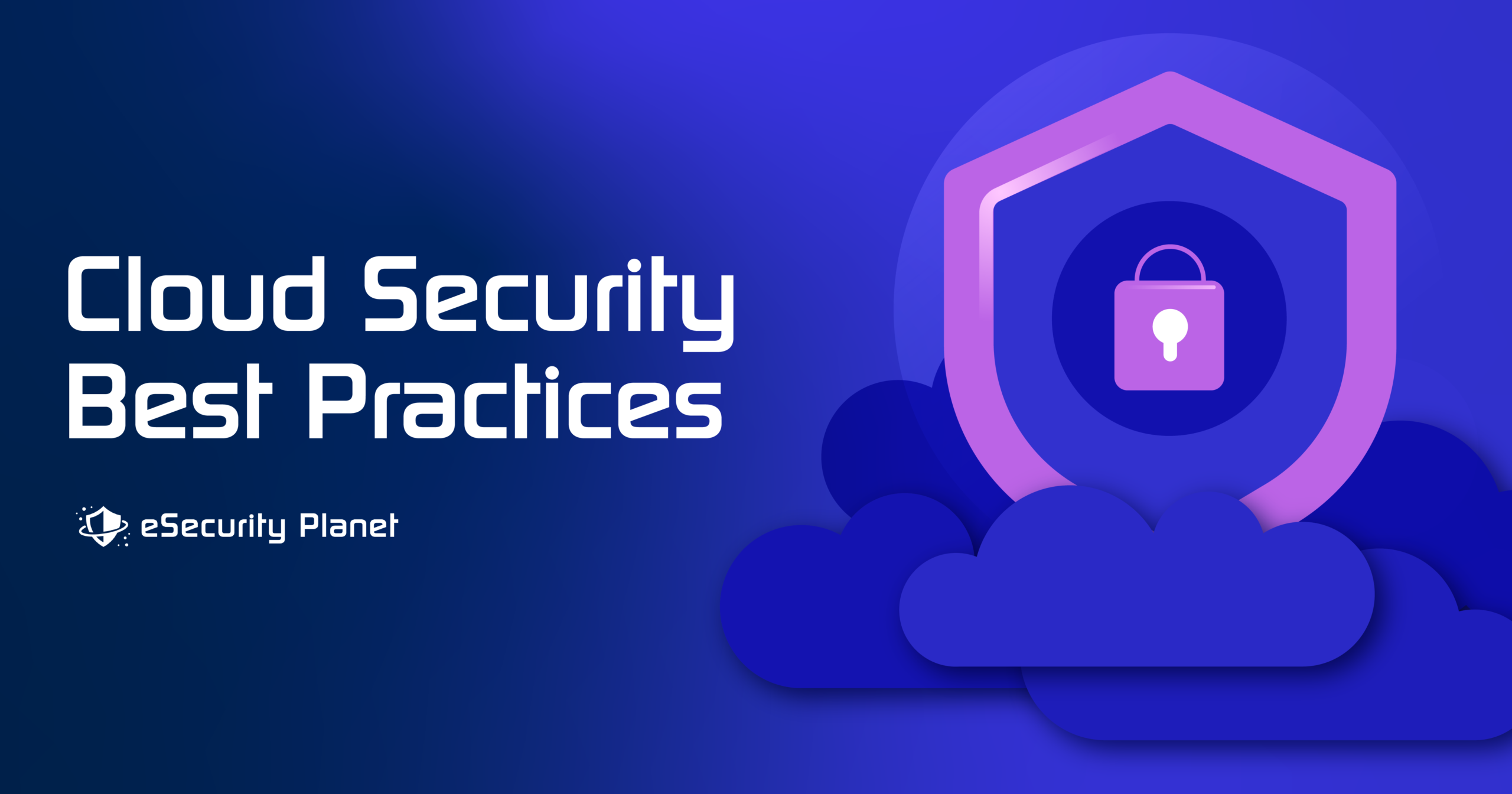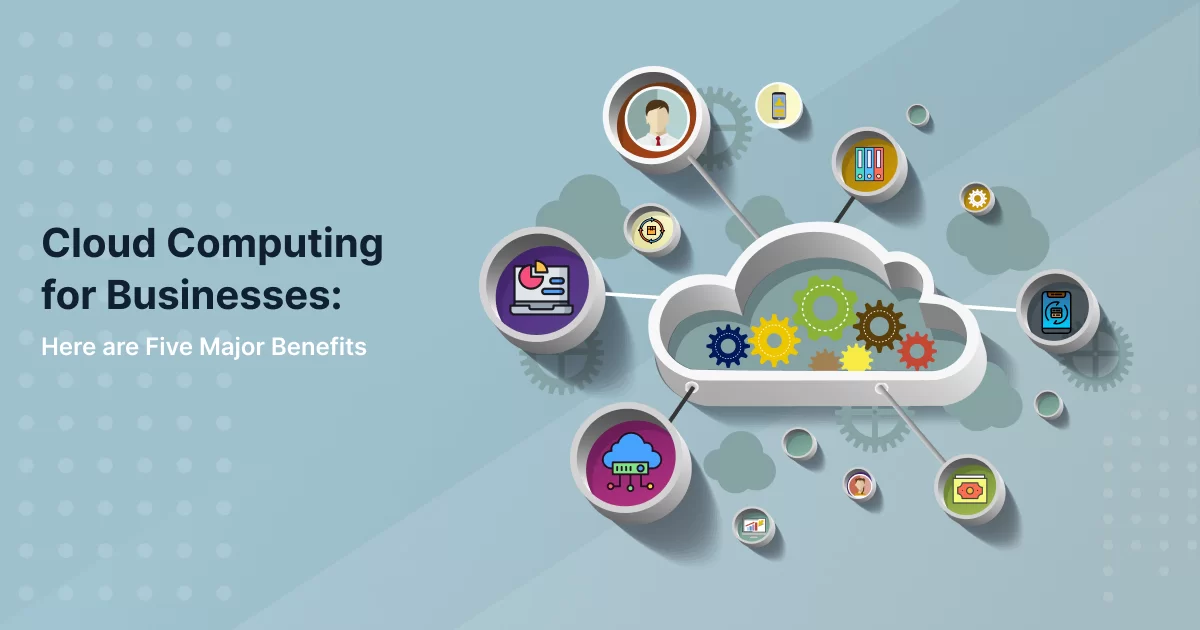In-Depth Analysis of Hosting and Server Solutions: Pros and Cons for Your Business in 2024
Advertisment
Introduction
Selecting the right hosting and server solution is a critical step in building a strong digital presence. With a range of hosting options available—shared, VPS, dedicated, and cloud hosting—it can be challenging to determine the best fit for your business. In this comprehensive guide, we’ll explore the pros and cons of these hosting types, along with the different servers they utilize, to help you make an informed decision that aligns with your technical needs and budget.
1. Shared Hosting: The Most Affordable Option
Overview
Shared hosting is the go-to choice for individuals and small businesses looking for a budget-friendly solution. With this hosting type, multiple websites are hosted on a single server, sharing the server’s resources like CPU, memory, and storage.
Key Features and Performance
- Affordability: Typically the cheapest hosting option available, shared hosting is perfect for startups, personal blogs, or small business websites that don’t have heavy traffic demands.
- User-Friendly Setup: Comes with easy-to-use control panels such as cPanel or Plesk, which simplify website management even for beginners.
- Maintenance-Free: The hosting provider manages all technical aspects, including server maintenance, software updates, and security patches.
Pros
- Cost-Effective: Shared hosting plans can start as low as a few dollars per month.
- Beginner-Friendly: Requires no technical knowledge to set up and manage.
- Built-In Support: Most providers offer 24/7 support to assist with issues.
Cons
- Resource Limitations: Performance can degrade when traffic spikes due to limited resources.
- Security Concerns: Higher vulnerability to cyber threats as the server is shared with multiple websites.
- Limited Customization: Minimal control over server configurations and software choices.
Best For:
Ideal for small businesses, personal blogs, and websites with low to moderate traffic looking for an entry-level hosting solution.
2. VPS Hosting (Virtual Private Server): Enhanced Performance and Flexibility
Overview
VPS hosting provides a virtualized environment where users have dedicated resources on a shared physical server. This setup offers a balance between affordability and control, making it a suitable upgrade from shared hosting.
Key Features and Performance
- Dedicated Resources: VPS hosting allocates specific portions of server resources like RAM and CPU, ensuring more consistent performance.
- Scalable Infrastructure: Easily upgrade your resources as your website grows without experiencing downtime.
- Custom Configurations: Greater control over server settings, allowing advanced users to install custom applications and software.
Pros
- Improved Speed and Reliability: Better performance compared to shared hosting due to isolated resources.
- Scalability: Ability to handle increasing traffic without a complete server upgrade.
- Greater Security: Reduced risk of vulnerabilities since each VPS operates in a sandboxed environment.
Cons
- Higher Costs: More expensive than shared hosting, which may not be ideal for very small budgets.
- Technical Expertise Needed: Requires some knowledge of server management, which can be challenging for non-technical users.
Best For:
VPS hosting is best suited for growing websites, e-commerce sites, and businesses that need more control and scalability.
3. Dedicated Hosting: Maximum Performance and Security
Overview
Dedicated hosting offers an entire server dedicated solely to one client, providing top-tier performance, full control, and the highest level of security. This option is often used by large businesses and high-traffic websites that require robust server capabilities.
Key Features and Performance
- High Processing Power: Dedicated servers come with powerful CPUs and ample RAM, ideal for resource-intensive applications.
- Full Customization: Complete control over server configurations, including hardware choices, operating systems, and security protocols.
- Enhanced Security Measures: Advanced DDoS protection, firewalls, and intrusion prevention systems to safeguard sensitive data.
Pros
- Optimal Performance: Handles high traffic volumes effortlessly with no lag.
- Unmatched Security: Exclusive use of server resources significantly reduces security risks.
- Customization Options: Ideal for businesses needing specific software or configurations.
Cons
- Expensive: High cost, often starting at hundreds of dollars per month.
- Requires Technical Expertise: In-depth knowledge is needed to manage and optimize the server.
- Resource Waste: Overkill for websites that don’t fully utilize the server’s capacity.
Best For:
Dedicated hosting is ideal for large enterprises, high-traffic websites, and businesses with stringent security needs.
4. Cloud Hosting: The Future of Scalable Web Solutions
Overview
Cloud hosting leverages a network of virtual servers to offer scalable, on-demand resources. This type of hosting is highly flexible, making it ideal for businesses with fluctuating traffic patterns or seasonal spikes.
Key Features and Performance
- Elastic Scalability: Instantly scale up or down based on traffic demands without affecting site performance.
- Load Balancing: Evenly distributes website traffic across multiple servers to prevent downtime.
- Data Redundancy: Redundant data storage across multiple locations for enhanced reliability and uptime.
Pros
- Cost Efficiency: Pay only for the resources you consume, which can be cost-effective for well-managed sites.
- High Uptime Rates: Redundant infrastructure ensures your site remains online even if one server fails.
- Global Reach: Cloud hosting allows faster page loads for visitors from various geographical locations.
Cons
- Complex Pricing Models: Pay-as-you-go plans can become expensive if resource usage spikes unexpectedly.
- Internet Dependency: Requires a stable internet connection to maintain access to cloud-based resources.
- Security Challenges: Multiple entry points can increase vulnerability if proper security measures are not in place.
Best For:
Cloud hosting is ideal for businesses that require flexible resource management, such as e-commerce stores, SaaS applications, and websites with unpredictable traffic patterns.
5. Comparison of Server Types: Web, Database, and Application Servers
Web Servers
- Pros: Efficiently serve static web pages and handle multiple requests simultaneously.
- Cons: Limited dynamic content handling capabilities without application server support.
Database Servers
- Pros: Essential for storing, organizing, and retrieving data in real-time, crucial for dynamic websites.
- Cons: Require rigorous maintenance and security protocols to prevent data breaches.
Application Servers
- Pros: Enable complex business logic and dynamic content generation, perfect for interactive websites.
- Cons: More resource-intensive, which can increase hosting costs significantly.
Conclusion
Selecting the right hosting type and server solution plays a crucial role in your business’s digital strategy. Whether you choose shared, VPS, dedicated, or cloud hosting, understanding the advantages and limitations will guide you in making the most suitable choice based on your specific needs, technical expertise, and budget.
Advertisment








Post Comment